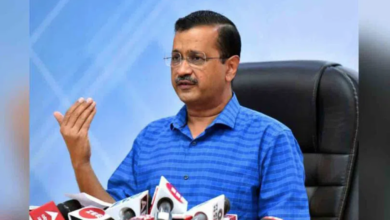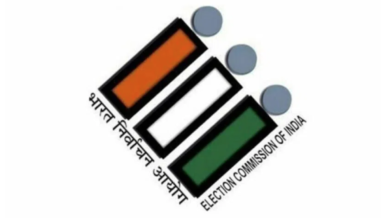US using secret ammunition stockpile in Israel to help Ukraine

The United States is using a secret ammunition stockpile in Israel intended for regional conflicts to provide Ukraine with thousands of artillery shells, according to the New York Times.
The arrangement has reportedly seen around 300,000 shells transferred to Kyiv to stop them from running out of ammo. It has been in place for some time and was approved by the previous Israeli government led by Yair Lapid.
The disclosure reflects how Israel, which generally has tried to stay neutral in the war for fear of angering Russia, may be assisting Ukraine indirectly and behind the scenes by other means.
Israel’s stockpile contains US-owned ammunition which has typically been reserved for emergency use by Israel, such as in the 2006 Lebanon war. It is unclear where exactly the stockpile is situated.
Artillery has become a crucial ingredient for both sides in the Russia-Ukraine war, with thousands of shells fired from each side per day.
Ukraine has been running low on Soviet-era munitions and is increasingly reliant on ammunition donated by Western allies.
The ammunition store was also used by Israel during the 2014 war with Palestinian militants in Gaza, dubbed Operation Protective Edge by the Israeli military.
Israel has faced criticism over its initial reluctance to condemn Russia’s invasion of Ukraine and resistance to providing Kyiv with arms, especially after it emerged that Israel’s arch-foe Iran was sending missiles and drones to Russia.
This is partly because of concerns that angering Moscow would impact Israeli operations against targets in neighbouring Syria, where the airspace is largely under Russian control.
Israel is also home to a large Russian Jewish population who fear reprisals against their relatives back in Russia should the Israeli government adopt a more overtly pro-Ukrainian stance.
While Israel has been providing Ukraine with humanitarian support, Kyiv says that what it urgently needs is air defence support to tackle Iranian-made drones and missiles launched at civilians in its cities.
It is unclear whether Israel’s new government under Benjamin Netanyahu will shift from the previous Ukraine policy of Mr Lapid and his immediate predecessor, Naftali Bennett.
Mr Netanyahu, who was sworn into office in January, said in an interview before he was re-elected that he had concerns about arms being sent from Israel to Ukraine ending up in Iran.
Israeli media reports earlier this month suggested that Israel’s new foreign minister, Eli Cohen, was seeking to adopt a more openly pro-Russian stance on the war in Ukraine.
Shortly after being appointed to the role, Mr Cohen had a phone call with his Russian counterpart Sergei Lavrov – whereas under the previous government there were no calls between the Israeli and Russian foreign ministers after the invasion of Ukraine.







